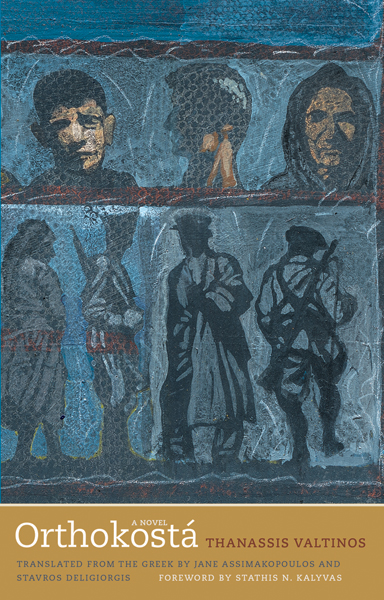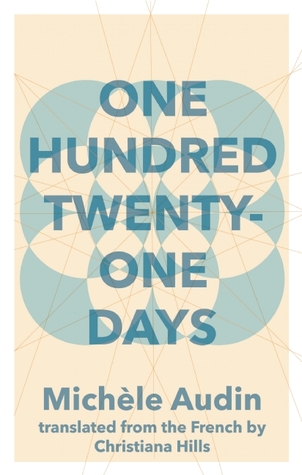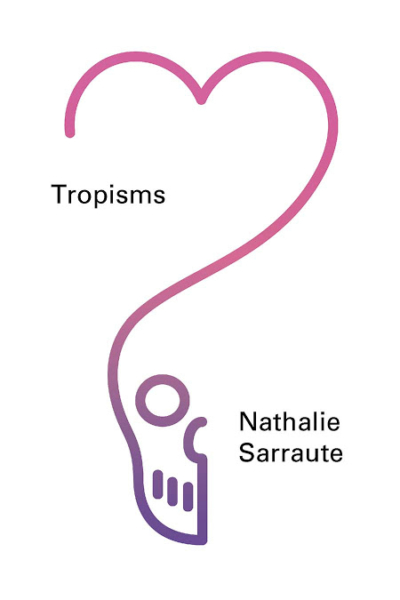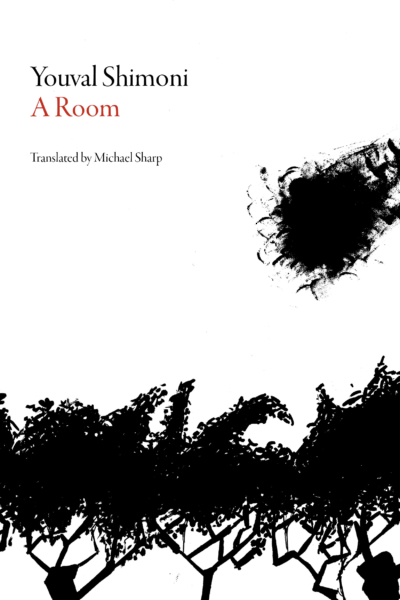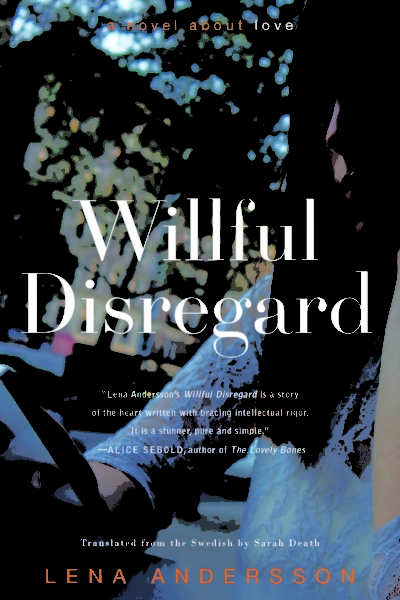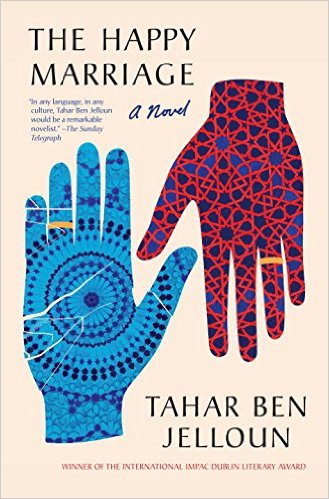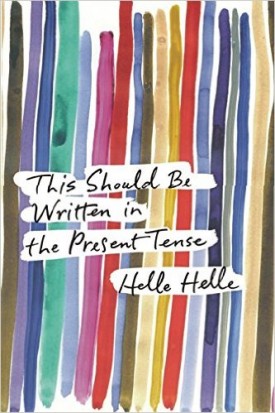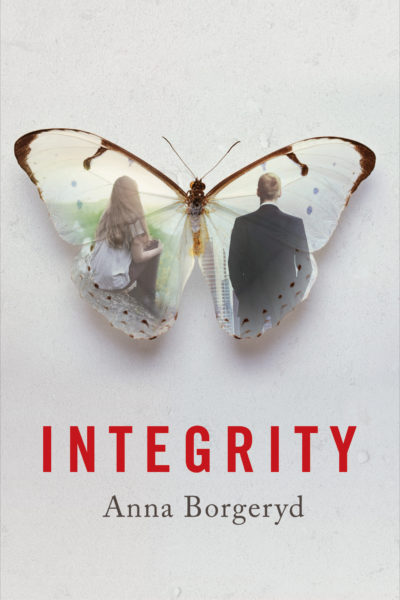Orthokostá – Thanassis Valtinos
If we lack for now the Great Syrian Novel, we may have to make do with Orthokostá and our ability to extrapolate from the Mediterranean country that gave us the word “chaos” to a more easterly Mediterranean country that now manifests it.
One Hundred Twenty-One Days – Michèle Audin
In fact, the historian admits defeat.
The Party Wall – Catherine Leroux
The idea of the transplant is central to THE PARTY WALL, a polyphonic novel that uses ordinary lives to delve into extraordinary subjects.
Seventy-seven years later, Sarraute’s writing continues to unnerve and interrogate our readerly expectations.
As with all great works of literature, it is difficult to believe that so much can be contained by so relatively small a vessel. It is yet another reminder that while we live and breathe and read in a world bound by the laws of space and time, what lies within a book’s pages suffers limits of a different strain.
OBLIVION’s task is a vital one: to recover Russia’s collectively repressed memories of the prison labor camps under Stalin.
Willful Disregard – Lena Andersson
How the casual communication becomes the unanswered text, how the crush becomes unrequited love — that is, defined by lack — how someone becomes themself, alone, that phenomena deserves a novel like WILLFUL DISREGARD.
The Happy Marriage – Tahar ben Jelloun
While it’s tempting to read The Happy Marriage as a postcolonial exploration of marriage as a form of subjugation — and good deal of it is — it’s something else, too.
This Should Be Written In the Present Tense – Helle Helle
Translator Martin Aitken has beautifully captured Helle’s streams of laconic sentences, many of them beginning with “I” plus a verb, that build to create this accumulation of sensory detail. Taken together, they accumulate into a compelling, rhythmic pattern.
Rather than falling into conventional narratives, eco-fiction needs to underscore the need for traditional environmentalism to question its own positions of privilege and provide a space for imagining non-normative paths to sustainability if it is to inspire genuine social justice.


